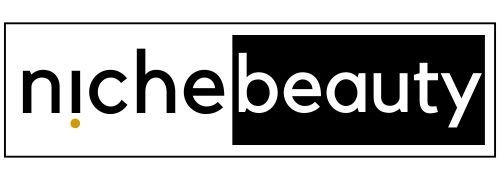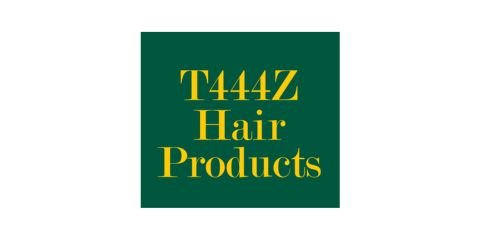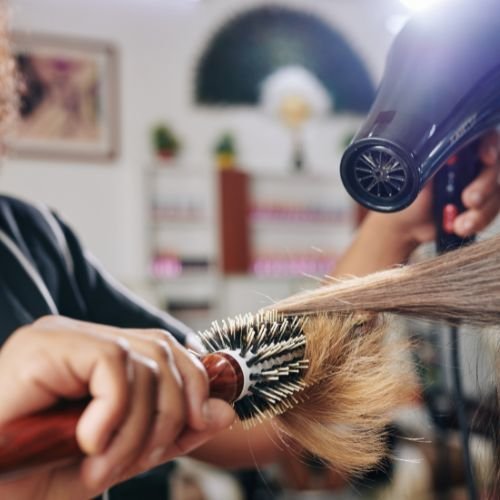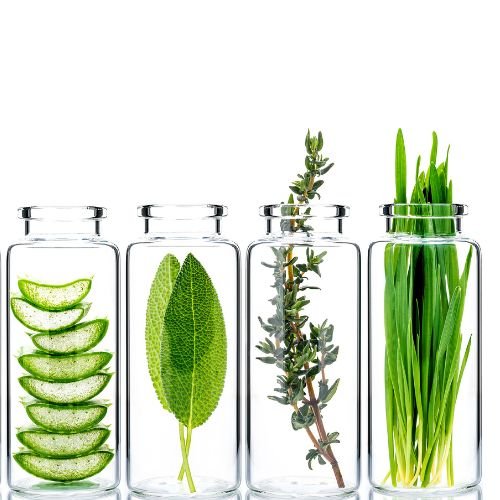Services
what we do
Building beauty brands, building better futures
Product Distribution
We focus on partnerships with brands that offer effective and inclusive of all ethnicities, skin types and hair types. Our brand partners hold a strong commitment to Quality Ingredients, Inclusive Beauty, Training & Education as well as Ethical manufacturing processes. Our omnichannel distribution network includes sub-distributors, wholesalers, retail stores and ecommerce channels.
Business Advisory
Over the past 20 years we have worked closely with salons, offering our clients advisory services to help them build more sustainable businesses.






Our uvp
Systems & Process
01.
Global Brand Partnerships
02.
Local Manufacturing
03.
Multiple Ecommerce channels




Enterprise Development
At the core of our distribution system are the sub-distributors who assist in servicing salons and trade businesses in townships, rural areas, and places without easy access to our store partners.
To guarantee their long-term viability and success, our sub-distributors receive guidance through a business development program designed internally.

A look at our work
We partner with salons and industry professionals across South Africa through training, marketing and advisory services to help them grow their businesses.
south africa market trends and research
Industry Insights
Sources:
[1] DTI: Investing in South Africa’s Cosmetics and Personal Care Sector: Factsheet 2020
[2] DHET: Skills Supply and Demand in the Hairdressing Industry in South Africa

afro hairdressing a scarce skill?
The South African hairdressing industry is divided into two main classifications: a large Afro sector and a much smaller Caucasian sector. Within these sector classifications exists a mix of informal and formal traders, with the informal salons being significantly higher than formal salons in the Afro Sector. There is limited information about the exact number of salons in South Africa because of the large and ever-growing number of informal salons. Studies have estimated that there are 40 000 salons in South Africa and 186 000 workers in this industry. Research further indicates that close to 80% of these workers are unskilled labourers operating in the afro hairdressing sub-sector.

Building livelihoods through haircare
South Africa is Africa’s largest market for cosmetics and personal care products. In 2018, the sector recorded close to US$3.2bn in revenue. Hair Care is the largest sub sector in the personal care sector. 2015 data reveals that almost 16% of the total additional household income generated by the hairdressing subsector impacts positively on lower-earning households in the economy (this translates to 0.10% relative to total national disposable income). This implies that, while it is by no means the largest sector contributing to low-income households, it is still playing an important role as a sector in contributing to income for the low-income groups in South Africa. Though turnover in Afro Hair salons is unknown, Caucasian salons are estimated to turnover R150 million per month on services alone.

A shift to natural
It is estimated that there are 40 000 salons in South Africa and 186 000 workers in this industry. Research indicates that close to 80% of these workers are unskilled labourers operating in the afro hairdressing sub-sector. We are dedicated to support skills development in this sector.
Salon owners, Beauty stores or beauty suppliers, beauty academies
Let's work together
Trade partners are invited to get in touch with us for product purchases, offers and partnership enquiries.
